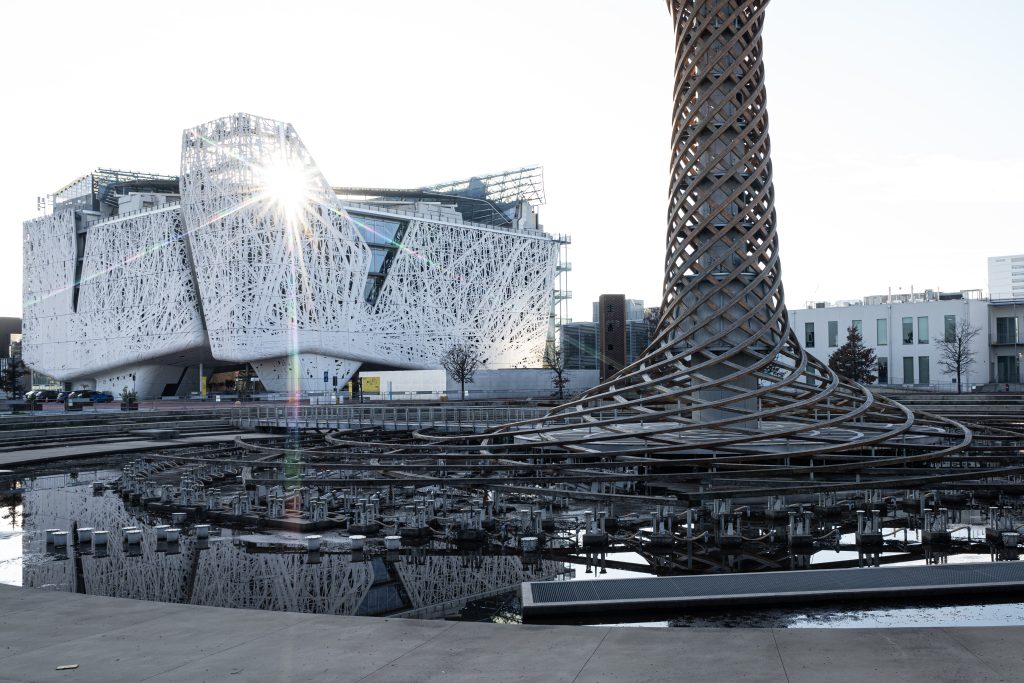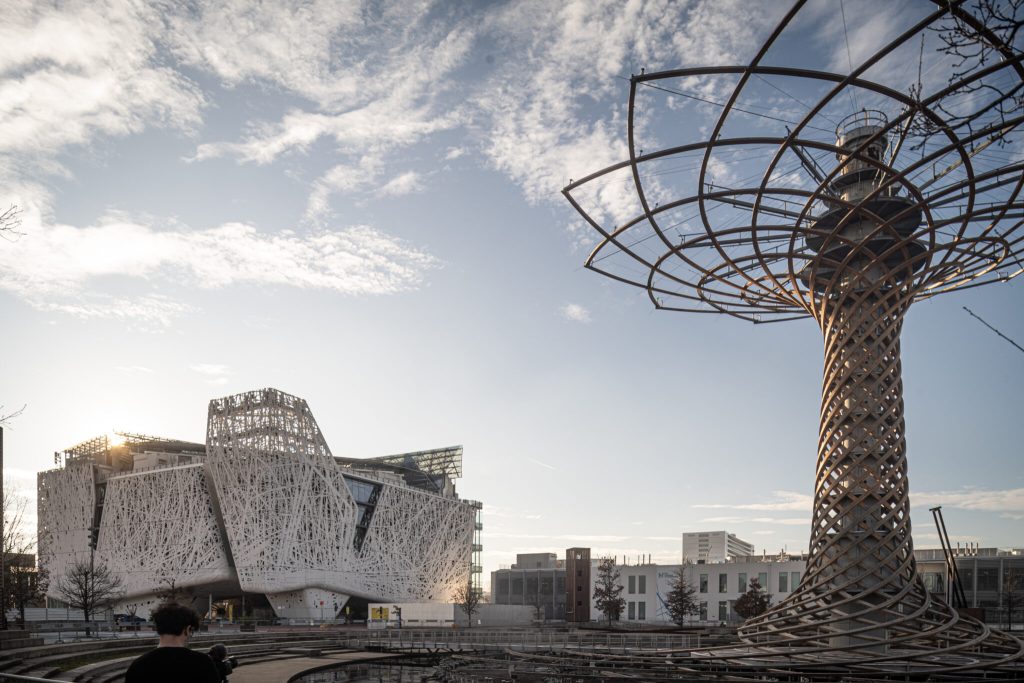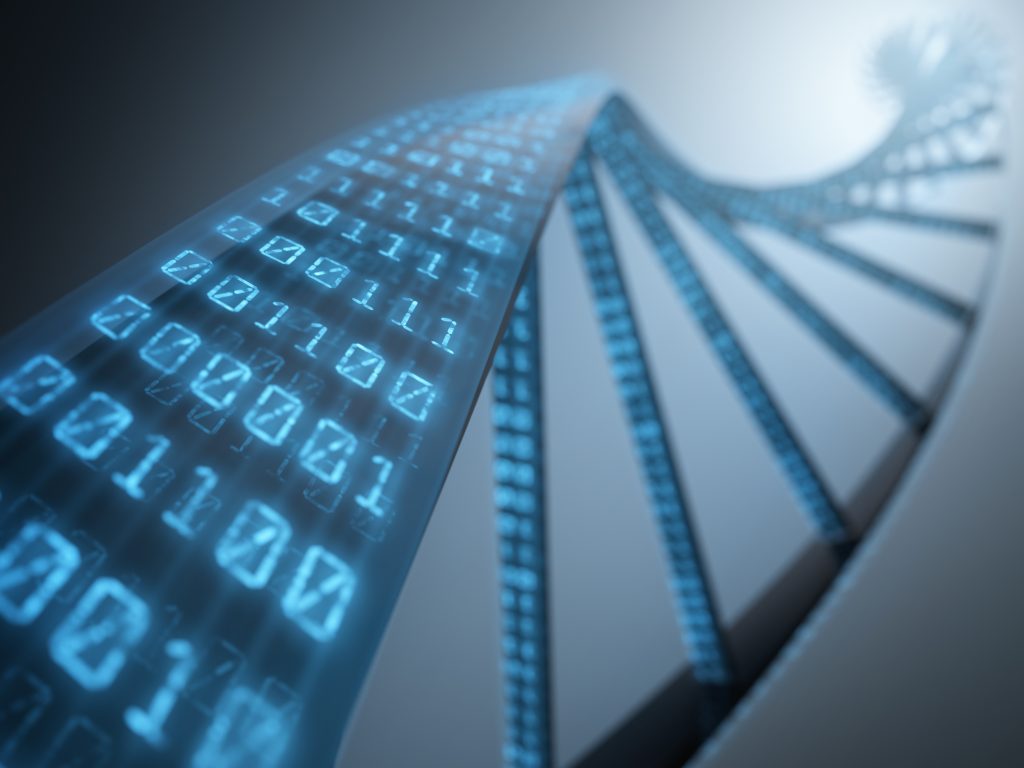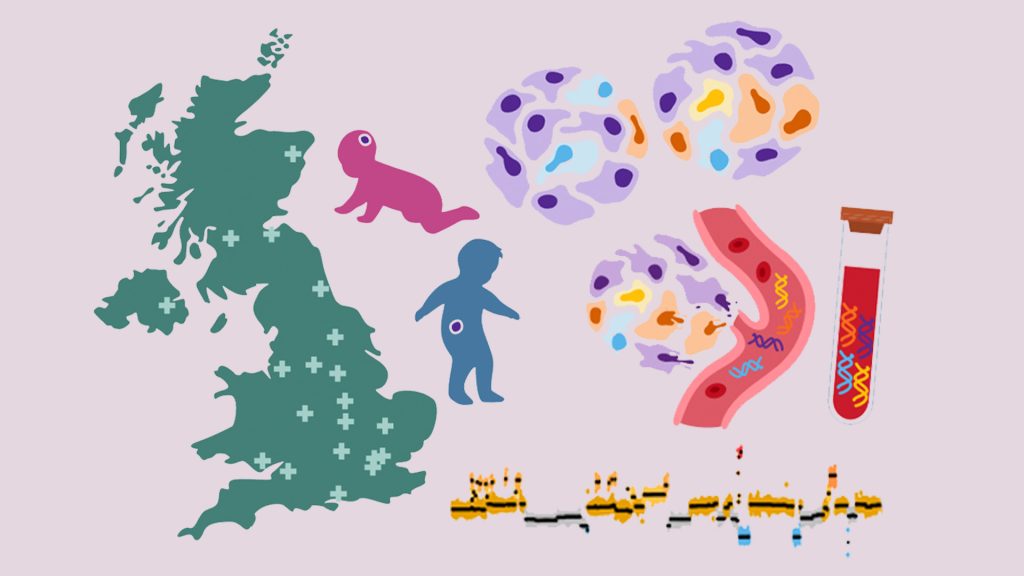Introducing Ivano Legnini
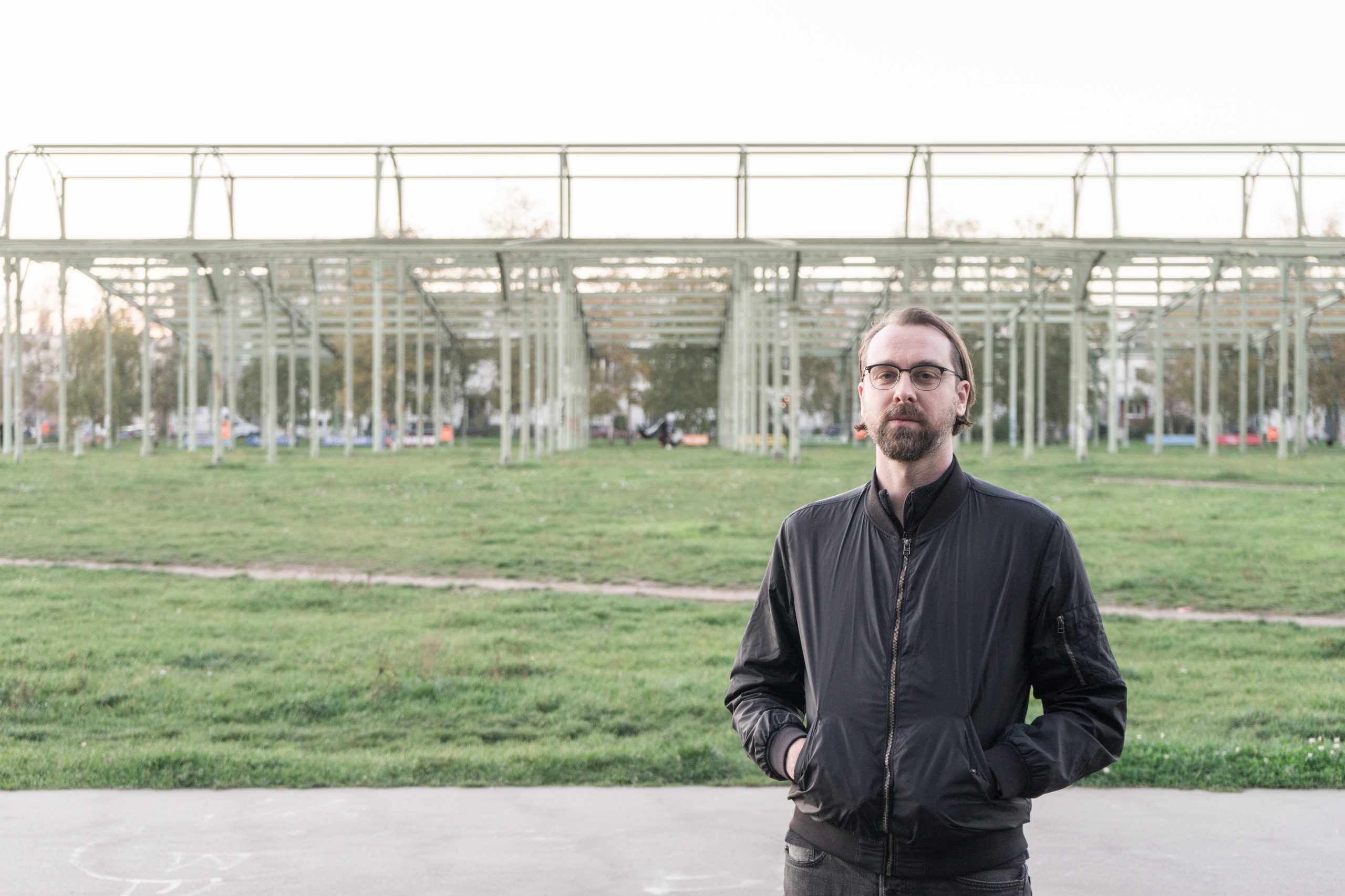
Ivano Legnini is an Italian molecular and systems biologist interested in gene regulation. He currently lives in Berlin, working at the Max Delbrück Center – Berlin Institute for Medical Systems Biology, in the lab of Nikolaus Rajewsky. Ivano did his PhD in the lab of Irene Bozzoni at Sapienza University of Rome, where he also did his undergrad studies in genetics and molecular biology. He will start his lab at HT in March 2023, working in the fields of gene regulation and RNA metabolism, as well as on developing new genomic technologies for perturbing and profiling gene expression.
What inspired you to pursue a career in science?
I don’t have one of these origin stories with a lot of details about my “calling” to be a scientist. In all honesty, I didn’t even consider biology in the beginning of my studies. I was an avid reader especially of political philosophy and I moved from my hometown in Abruzzo to Rome to study philosophy, but after attending few lectures I realized it didn’t click, it felt I didn’t belong there. My other long-lasting passion was natural science, so I enrolled in a course which I attended for a year. During the classes of zoology, I came across the astonishing beauty of disciplines like genetics and developmental biology, and I decided that this was my path. From there I moved to a course in genetics and molecular biology, and soon I decided that gene regulation was my thing, so I joined the lab of Irene, where I then stayed for many years to learn molecular biology, until I moved to Berlin to learn computational and systems biology in the lab of Nikolaus.
Tell us a bit more about your research. What is the most fascinating aspect of it?
Everything I do is driven by curiosity, and I had the opportunity and the luck to work across several disciplines with many fantastic collaborators. The focus of my research is pretty much anything revolving around gene regulation and especially RNA. RNA is a beautiful molecule, not only because now we can make incredibly effective vaccines out of it, but especially for what it does in living things. We have trillions of cells in our body, (almost) each containing (almost) the same DNA, so the same genes. But they contain vastly different repertoires of RNA molecules, and essentially that’s what makes the difference between say a brain cell, a blood cell or a skin cell. Understanding how cells decide which RNAs to make and then how to use these RNAs to make proteins is pretty much at the core of my studies. I’ve worked on several aspects of this problem, and I hope I can work on many more. I’m extremely fascinated by neurodevelopment, so I will spend some time working out new in vitro models (organoids) to study how tissue patterning emerges from spatially regulated gene expression programs – using for example optogenetics and spatial transcriptomics as tools to perturb and quantify gene products. My other passion is RNA metabolism, in essence how the rates that rule the life of a given RNA molecule are enforced and regulated. I want to understand how such regulation is connected with cellular homeostasis, cellular transitions and function, especially in complex cells like neurons.
How did you learn about Human Technopole and what inspired you to apply?
Even if it started its activities very recently, I think HT has already earned a great reputation. Its mission and the people that started or are part of this endeavour inspired me from the beginning. I remember reading newspaper articles about what would be of the Expo 2015 area, and few years later, when I saw there was an open position at the Genomics Centre, I applied. During the selection process, I had the chance to meet many people, from both the administrative and scientific sides, and I was really impressed: I found wonderful and enthusiastic people who made me want to be part of this community.
Research can have many ups and downs, big successes but also disappointing moments. How do you find motivation when it is lacking?
Oh, believe me I know, our work can be so frustrating sometimes. To extend that famous law, everything that can go wrong in an experiment will go wrong. And yet, when you look at a beautiful image at the microscope or at some complex gene expression pattern emerging from your sequencing data, you realize that you are in contact with some sort of higher world, something completely beyond our common experience, and yet very real, and beautiful. Making sense of this beauty is what a scientist tries to do, and it entails a lot of creativity. In fact, I think science is one of the most creative endeavours one can take part in. Back to the disappointments: an old friend and mentor of mine used to say that molecular biology is like cooking. Have you ever tried a new recipe? You can put all your knowledge, discipline and creativity in it, but you will still fail at some point, no matter what. After some time you get used to it, and the only thing that matters is having fun in the process.
Enough about work! Tell us one thing we could not find out about you from an online search?
Ouch, there is already too much out there! But I can say something: I am obsessed with music, mountains and tomatoes.
